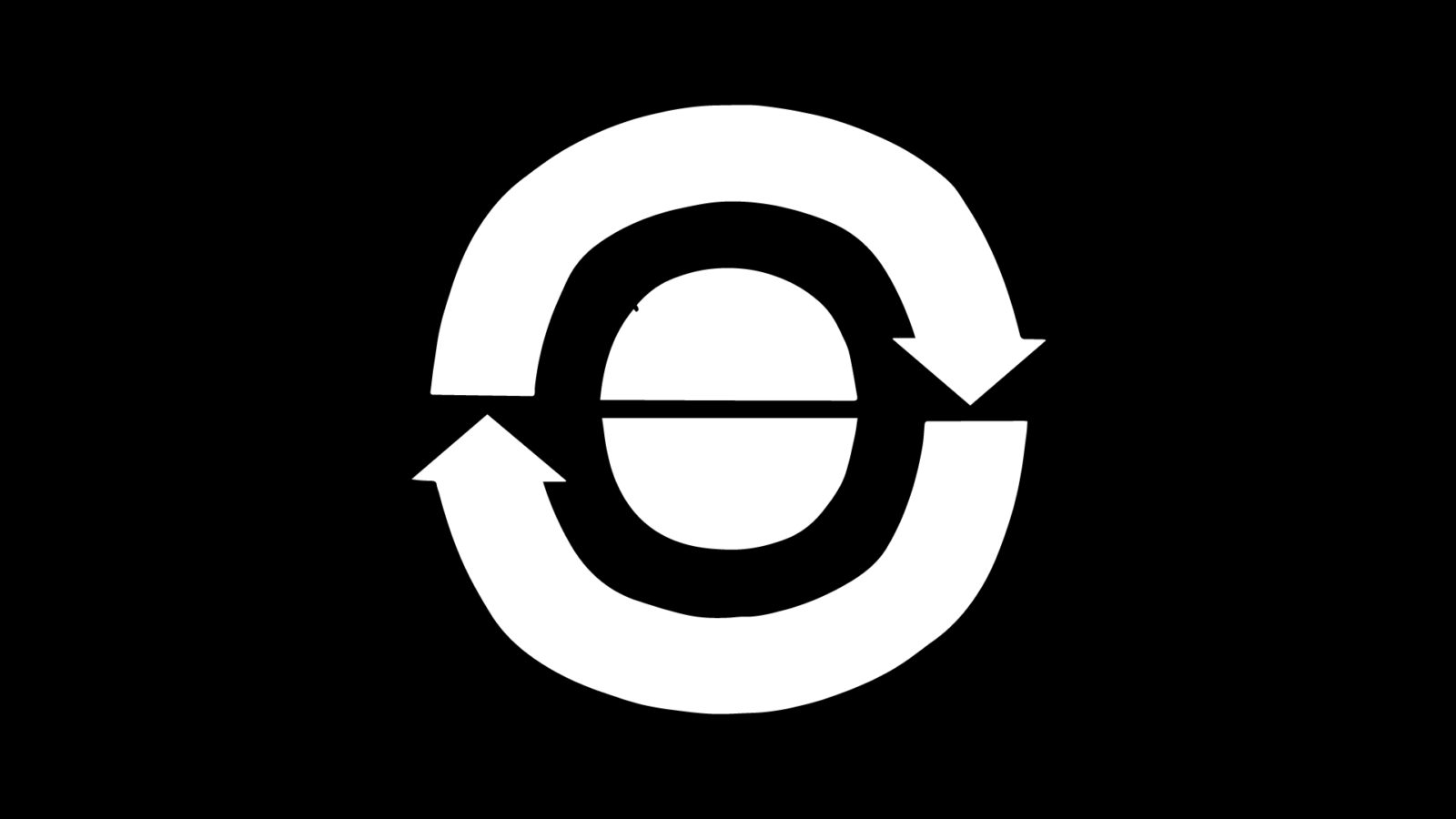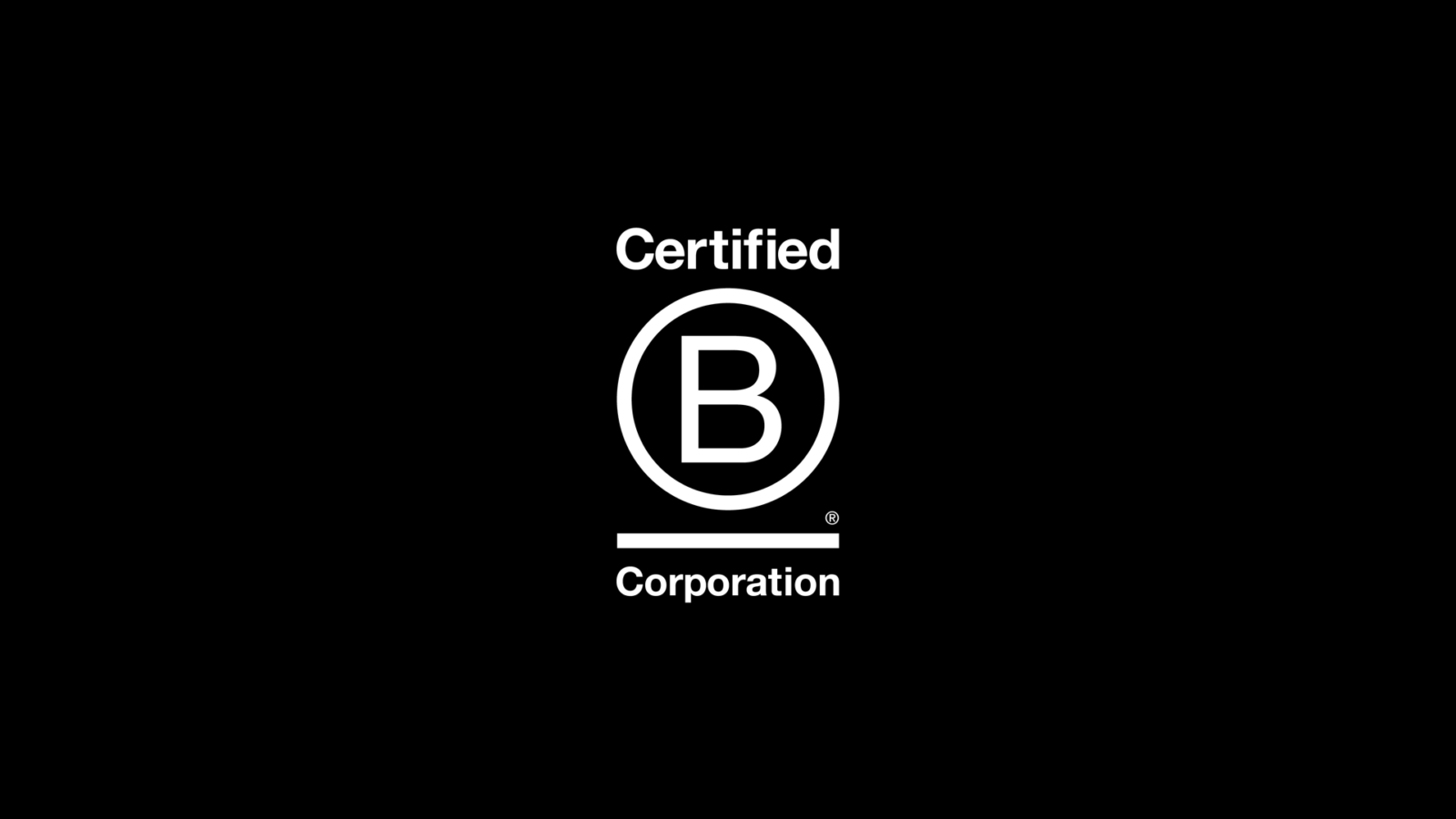We chose to rally around the word impact for a few reasons. It feels specific in a way that provides accountability: who are we impacting, and is it for the better? It gives us a way to think about our own company’s social, environmental, and economic impact. And it helps us focus on the (much larger) impact we can create when we partner with clients.
Let’s back up.
Over the years, we haven’t been particularly consistent in our vocabulary. We’ve talked about doing “good work for good people” and described ourselves as “a responsible company doing rewarding work.” We became a certified B Corporation®1 in 2017. This spring, we decided to align our pro bono work with the UN Sustainable Development Goals2 2 (zero hunger), 4 (quality education), and 5 (gender equality).
But last fall, when we started to work on our 2020 impact report, I wanted to see what other companies were saying. So I searched for impact reports, and I found some. I also found CSR reports3, annual reports, sustainability4 reports, and corporate consciousness reports5.
The more I researched, the more apparent the problem became: we don’t have a consistent, shared vocabulary to talk about what is important to us.
As people who spend a lot of our time thinking about how to build a brand, we know that consistency creates brand recognition. We want people to understand what we mean when we say impact, and we want them to expect it from us. But we’re also concerned with movement building. While we work towards a new economy6, we should make it easier — not more difficult — to find organizations that share your values. The demand exists: consumers want to support responsible companies.
I’ve written some about how we got here. It’s a long story without a satisfactory resolution. There are green7 companies, eco-friendly companies, and companies that blur the line between advocacy and profit8. Some of our vocabulary is widely applicable. Sometimes, words represent third-party certification or a commitment to concrete goals. What do they all mean, and how do they fit together?
Yvon Chouinard, founder of Patagonia, and Craig Matthews, founder of Blue Ribbon Flies, created 1% for the Planet in 2002. It is a membership organization of companies and individuals that commit to contributing 1% or more of annual revenue to environmental causes. Members provide monetary contributions, in-kind donations, or volunteer support to approved environmental nonprofits. The umbrella organization provides support and certification for members.
B Corporations are certified by the nonprofit B Lab based on an assessment of social and environmental performance. Member organizations sign the B Corporation Declaration of Interdependence, which begins, “We envision a global economy that uses business as a force for good.” B Corp certification is one of the ways we hold ourselves accountable and find other like-minded brands.
This is a type of legal formation available in some states, including Kentucky. A benefit corporation is a for-profit organization with a legal obligation to pursue a positive impact on society, employees, and the environment. Benefit corporation legislation seeks to disrupt the idea that a corporation’s sole purpose is to maximize profit. In most states, benefit corporations must fulfill transparency requirements, such as publishing an annual report.
The term conscious capitalism was created by Whole Foods co-founder John Mackey and Bentley University professor Raj Sisodia in their book Conscious Capitalism: Liberating the Heroic Spirit of Business. Later, they founded an organization of the same name. Unlike B Corporations and 1% for the Planet, Conscious Capitalism is a philosophy and not a membership organization. At its foundation are four tenets: higher purpose, stakeholder orientation, conscious leadership, and conscious culture.
A cooperative, co-op, or coop is a jointly owned organization. The two most common types of coops are consumer cooperatives and worker cooperatives. In a worker cooperative, the employees share ownership of an organization. In a consumer cooperative, customers share ownership. Good Foods Co-op and Berkshire Food Co-op are great examples of thriving consumer cooperatives.
Corporate social responsibility (CSR) is a general term that refers to efforts to improve and measure a company’s impact on society. Howard Bowen coined it in in Social Responsibilities of the Businessman, and it’s commonly used by large corporations to describe environmental, labor, and philanthropic campaigns.
An Evergreen business is an organization that plans to grow profitably for 100 years or more, focusing on long-term results rather than short-term outcomes or a high valuation. The term was first used by Dave Whorton, who founded the Tugboat Institute to provide a network of Evergreen business leaders and third-party certification through the Certified Evergreen program.
Fair trade is an umbrella term for efforts focused on creating equitable, sustainable trade relationships between producers and consumers. The modern movement to market fair trade organizations has its roots in the 1960s and 70s. Today, organizations such as The Fairtrade System, Fair for Life, and Fair Trade USA provide third-party certification for fair trade goods.
For benefit is a relatively new term created to describe businesses that don’t fit neatly into a nonprofit or for-profit framework. A for-benefit organization seeks to serve a public good while also relying on income to sustain itself. Most countries and states do not have a separate for-benefit legal framework. Companies that identify themselves as for benefit may choose to incorporate as either a nonprofit or for-profit organization.
Green is an informal term used to describe environmentally-minded people, organizations, or projects. It is a common catch-all that gained soaring popularity in the late 1980s and 1990s.
Greenwashing is a term used to describe bad-faith or misleading marketing practices intended to convey environmentalism. Jay Westervelt introduced the term in a 1986 essay critical of the hospitality industry’s “save the planet, reuse your towels” campaign.
Like green, impact is an informal term used to describe the influence of an organization on its environment, community, stakeholders, and employees. We’ve used it often, including on our impact report.
Mission-driven brands are typically for-profit organizations that orient their strategy and everyday operations towards fulfilling a social mission.
This phrase gained popularity during the dot com boom. Then, it referred to a structural transition from a manufacturing-based to a service-based economy. Today, it’s used to refer to a developing economic system that works for all people, is democratic, and supports the regeneration of natural resources.
Sustainability refers to a process that does not deplete or destroy the resources it uses. It’s a broad term that can include human and environmental resources, and it’s commonly used to describe initiatives that attempt to have a net-positive impact.
In 2015, the United Nations created 17 goals for creating a more sustainable and equitable future for all. The SDGs are an attempt to address global issues such as poverty, inequality, climate change, peace, and justice — all by 2030. Designed to be a distributed effort, many organizations choose one or a few SDGs to align their efforts with a global movement.
The vocabulary of mission responsibility impact can be overwhelming. It’s ever-changing and sometimes drenched in corporate jargon. In the worst case, messaging itself stands in for actual progress. But the way we talk about impact is important because our impact is important. So let’s talk.




